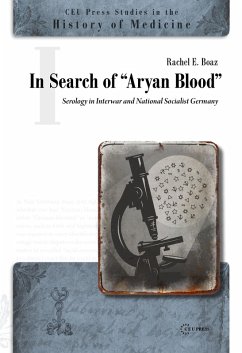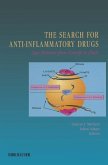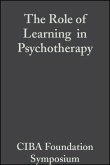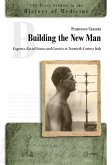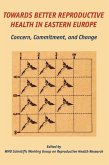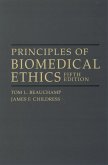Explores the course of development of German seroanthropology from its origins in World War I until the end of the Third Reich. Gives an all encompassing interpretation of how the discovery of blood groups in around 1900 galvanised not only old mythologies of blood and origin but also new developments in anthropology and eugenics in the 1920s and 1930s. Boaz portrays how the personal motivations of blood scientists influenced their professional research, ultimately demonstrating how conceptually indeterminate and politically volatile the science of race was under the Nazi regime.
Dieser Download kann aus rechtlichen Gründen nur mit Rechnungsadresse in A, B, BG, CY, CZ, D, DK, EW, E, FIN, F, GR, HR, H, IRL, I, LT, L, LR, M, NL, PL, P, R, S, SLO, SK ausgeliefert werden.

